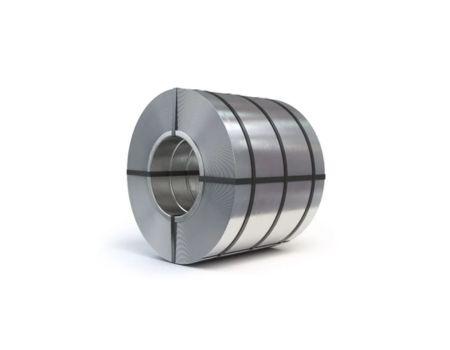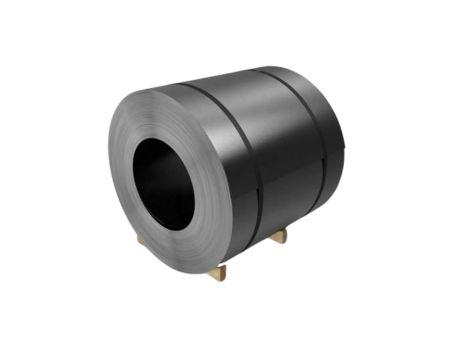Stainless Steel Coils
Corrosion-resistant, durable, widely used.
Minimum Order : 120 Items
Customization as per requiments
| Standard | Astm A240/, Asme Sa240 |
| Thickness | 0.2mm, 5.0mm |
| Width | 3.2mm, 1500mm |
| Finish | No.1, 2b, 2d, 2h, 2r, No.4, Hairline, Scotch Brite, No.8, Ba., Satin Finish |

Corrosion-resistant, durable, widely used.

Strong, economical, less corrosion resistance.
What is a coil, and how is it used in industries?
A coil is a continuous strip of material, such as metal, wire, or synthetic material, rolled into a cylindrical shape. Coils are extensively used in manufacturing processes for producing pipes, sheets, wires, and various other products in industries like construction, automotive, and electronics.
What materials are commonly used to produce coils?
Coils are made from materials like stainless steel, aluminum, copper, carbon steel, and synthetic polymers. The choice of material depends on the application, with metals being preferred for structural and electrical uses, and polymers for insulation or lightweight needs.
What are the main benefits of using coils?
Coils provide flexibility, ease of transportation, and efficient storage. They allow manufacturers to process materials in a continuous form, reducing waste and ensuring uniformity. Coils also support scalability in production, from small-scale to large industrial applications.
What are the standard sizes of coils?
Coil dimensions vary based on the material and application. Typical widths range from 600 mm to 2000 mm, while thicknesses can vary from 0.1 mm to several millimeters. Weight can also differ, with standard coils weighing between 5 and 25 tons.
Get Quote Instantly
India
Ahmadpur
Ahmadnagar
Ahmedabad
Bangalore Urban
Bangalore Rural
Bengaluru
Coimbatore
Chennai
Chandigarh
Haridwar
Hyderabad
Jaipur
Jodhpur
Jodhpur (ahmedabad)
Kalyan
Kolhapur
Mumbai
Mumbai Suburban
Murud (raigad)
Nagpur
Lucknow
New Delhi
Navi Mumbai
Kolkata
Nashik
Pune
Raipur
Rajkot
Rampura
Sion, Mumbai
Surat
Thane
Varanasi
Visakhapatnam
Moradabad
Angul
Rudrapur
Hosdurg
Gandhinagar
Rajahmundry
Durgapur
Bharuch
Panipat

Sugar

Oil And Gas Industries

Paper Mill

Power Plant

Bridge And Building

Aerospace Industries

Automobile Industry

Electrical Industry

Defense Industry

Construction & Fabrications

Ring Man Units

Railways

Gasket Industry

Pharmaceuticals Industry
Get Quote Instantly